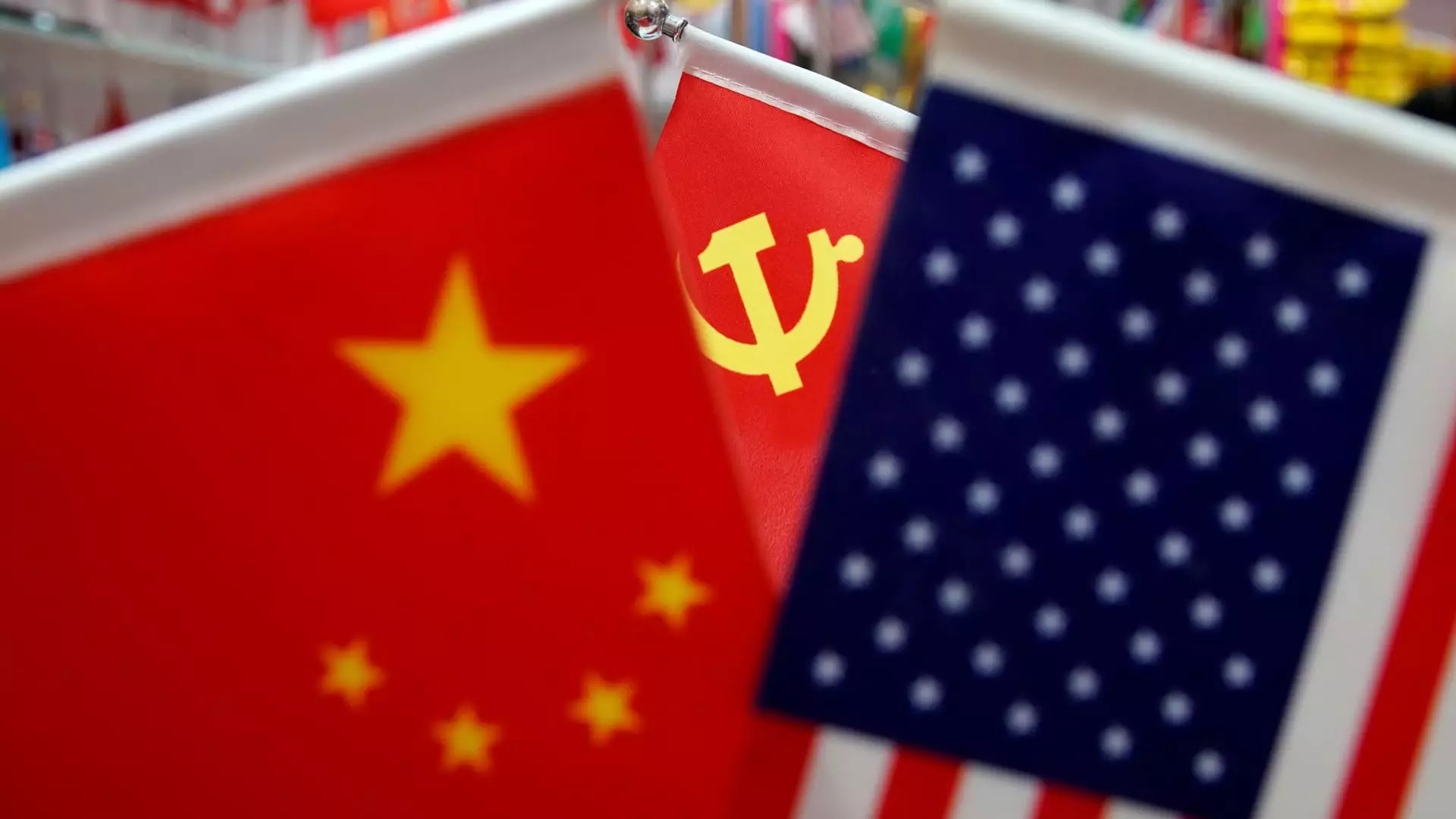In recent weeks, the high-stakes game of financial diplomacy has unfolded, with figures from the Chinese government reaching out to their U.S. counterparts. Chinese Vice Premier He Lifeng, who sits at the helm of the ruling Communist Party’s economic and finance committee, has been at the center of this initiative. His series of meetings with prominent finance executives signals a concerted effort by Beijing to build critical connections in the face of impending U.S. trade policies, particularly those of the incoming Trump administration.
These interactions, which have included discussions with influential leaders from major financial institutions like BlackRock, Goldman Sachs, Citigroup, and HSBC, illustrate China’s strategy of leveraging its economic prowess to mitigate potential adversities stemming from U.S. trade policy. The intent is clear: to cultivate relationships with those who will soon hold significant power in Washington and to influence future trade discussions before they fully materialize.
The maneuvers being employed by China reflect a broader diplomatic strategy often characterized by backchannel communication—an approach that some experts suggest is inherently preferred by the Chinese leadership. Peter Alexander, founder of the Shanghai-based consulting firm, Z-Ben Advisors, articulates this sentiment, underscoring that leveraging informal channels allows Beijing to engage with the future architecture of American governance. This illustrates a sophisticated understanding of power dynamics, recognizing the value of establishing rapport with key decision-makers within a fast-changing political landscape.
From Goldman’s report acknowledging these meetings to the silence from other financial institutions, reactions reflect the cautious yet engaging stance of U.S. firms confident that maintaining open channels with China can prove beneficial in the long term.
The appointment of finance-heavy figures to Trump’s Cabinet—many of whom are billionaires—has raised questions about the potential for moderation in their approach to trade. According to Clark Packard from the Cato Institute, this could create an influential buffer against more extreme trade protectionist tactics favored by segments of Trump’s base. While some fear a more confrontational trade posture, the presence of seasoned financiers might allow for a more temperate approach characterized by negotiation rather than confrontation.
Packard posits that the well-being of the financial markets will be a significant factor. As we have seen historically, market reactions can serve as a powerful deterrent against aggressive policies. The current momentum of U.S. stocks—evidence of a resilient market—emphasizes the necessity of balancing domestic interests with economic realities tied to international trade.
As China navigates these treacherous waters, it has adopted a dual strategy: fostering relationships while simultaneously preparing for a worst-case scenario. Zongyuan Zoe Liu, an expert at the Council on Foreign Relations, has pointed out that the steps Beijing is taking, such as engaging with Wall Street executives and implementing export controls on crucial minerals, indicate a preparatory stance towards possible escalations in tariff tensions.
However, Liu’s assertion that financial institutions, despite their formidable connections, may have limited influence over policy changes raises critical questions about the efficacy of such diplomacy. The influence of individual executives should not be overstated, as their primary allegiance remains to market opportunities aligned with their strategic interests, oftentimes transcending political divides.
The Chinese government’s outreach efforts are reflective of its broader ambition to attract foreign institutional investment, which is often framed as a symbol of confidence in the domestic market. Vice Premier He’s discussions with executives from firms like Invesco and HSBC further illustrate this trend. These conversations hint at a larger narrative wherein foreign capital inflows are cast as endorsements of China’s economic vitality.
As Winston Ma from NYU highlights, the U.S.-China financial relationship has been a cornerstone of bilateral ties for over two decades. The future may hinge on whether this relationship remains constructive, leading to mutual prosperity, or devolves into a scenario of economic standoff. In an era defined by increasing economic interdependence, the implications of these engagements are vast, impacting not only the respective nations but the global economy as a whole.
While the winds of change may appear daunting, the proactive steps taken by Chinese leaders signal a desire to navigate the complexities of U.S.-China relations through dialogue and understanding. The coming months will be critical in determining whether these efforts yield the desired outcomes or if entrenched positions entrench a more adversarial environment.

